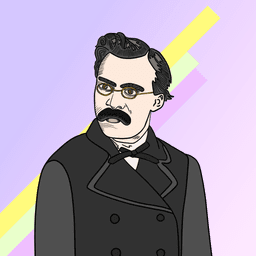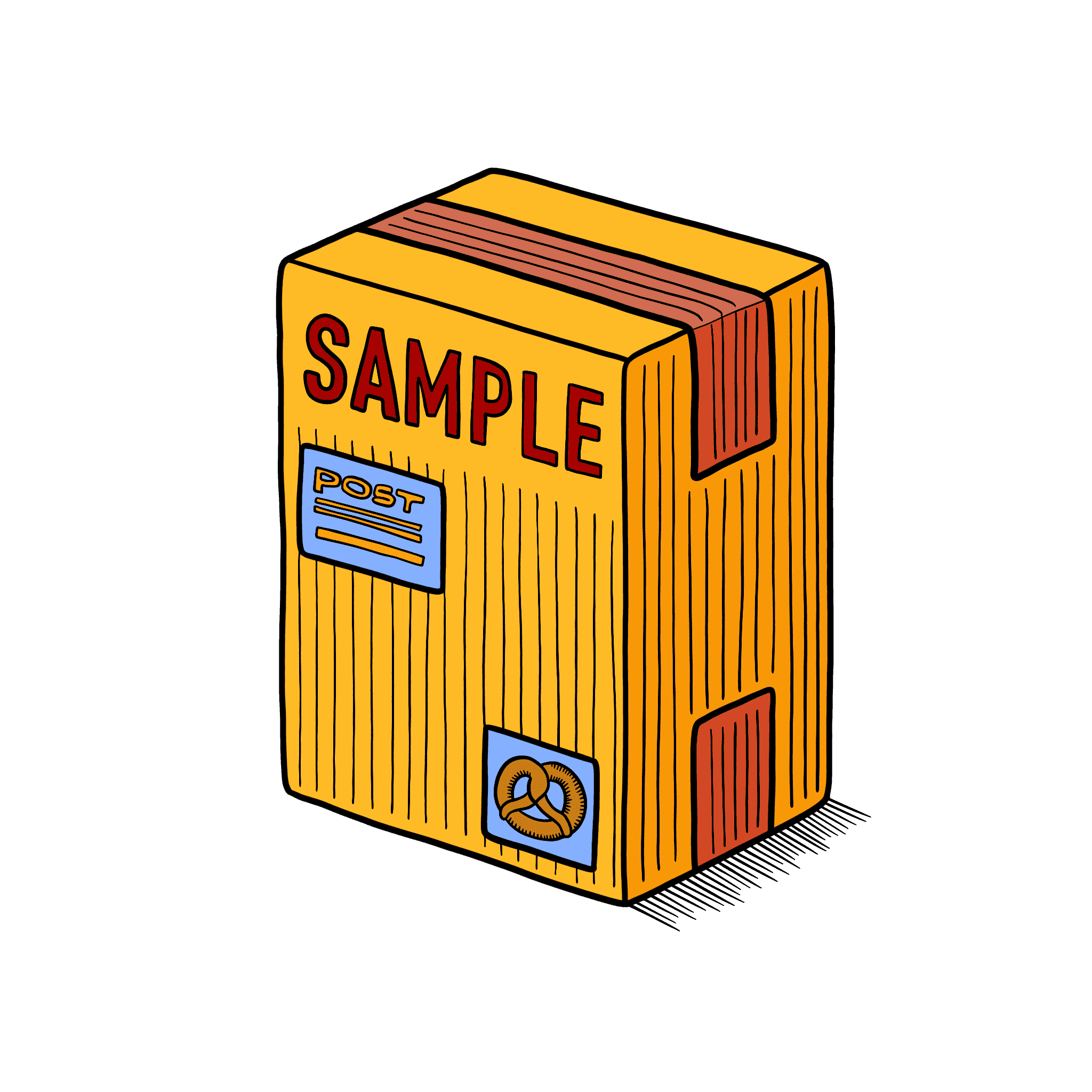Wann vs. Wenn
Navigating the German language can be confusing, especially when words sound alike. Dive into the distinctions between 'wann' and 'wenn' to master asking about time and expressing conditions in German.
Understanding 'wann' and 'wenn' is key to mastering German. 'Wann' is all about asking "When?" regarding time, while 'wenn' connects conditions or expresses "If" and "When." Keep 'wann' for time and 'wenn' for conditions!
If you're starting to learn German, you might come across words that sound similar but have different meanings. Two such words are 'wann' and 'wenn'. Let's explore the difference between these words in a simple way!
Wann vs. Wenn in German
How To Use Wann
In German, 'wann' means "when" in English. It's a word you use when you want to ask or talk about time-related things. Imagine you're curious about when your favorite show starts – you'd use 'wann'!
For example:


How To Use Wenn
On the other hand, 'wenn' means "if" or "when" (in the sense of "whenever") in English. It's used when you're talking about situations or conditions. Think of 'wenn' as a bridge that connects different events or ideas.


Examples
Examples With Wann
When does the movie start?
I'm not sure when the party will be.
Tell me when you're ready to go.
Examples With Wenn
If it rains, I'll stay indoors.
I always feel happy when I'm with friends.
Whenever I see a rainbow, I smile.
Summing It Up
In summary, the main difference between 'wann' and 'wenn' is their purpose in a sentence. 'Wann' is used when you're asking or talking about time-related matters, like asking when an event will happen. 'Wenn', on the other hand, is used to connect conditions or express possibilities.
Remember:
- 'Wann' is for time-related questions like "When?".
- 'Wenn' is for conditions and possibilities like "If" or "When".
Learning a new language can be fun and exciting, and mastering these subtle differences will help you communicate more effectively in German!




